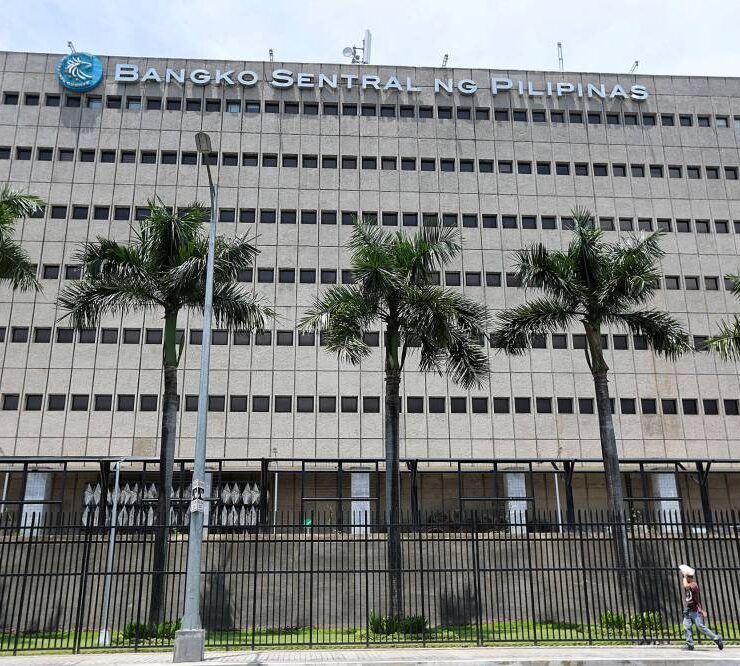Will a Trump presidency hurt the PH market?

Donald Trump was inaugurated as the 47th president of the United States last week.
Investors are understandably worried since Philippine stocks fell sharply last November when he won the presidential elections.
Recall that stocks fell due to concerns that his pro-growth policies would lead to higher inflation and interest rates.
There were also concerns that his plan to aggressively impose tariffs on US imports would significantly hurt the economy.
However, I think concerns are overblown.
I don’t think President Trump’s policies will automatically lead to higher inflation.
During the first three years of his 2017-to-2020 term as president, average inflation was only 2.1 percent. This was despite Trump already cutting taxes and imposing tariffs on imports.
Consequently, the US 10-year bond rate averaged only 2.5 percent after peaking at 3.2 percent in 2018. The said levels are well below the current bond rate of 4.6 percent.
I also don’t think the Philippines would be a major loser of Trump’s plan to impose higher tariffs on imports. This is because we are not a major exporter to the United States.
During the first 11 months of 2024, our total exports to the United States amounted to only $11.1 billion, which is less than 0.5 percent of the United States’ total imports during the period.
Moreover, we are not an export-dependent country.
In fact, the Philippines is a net importer, with consumer spending accounting for around 70 percent of gross domestic product (GDP).
What is more concerning in my opinion is the extremely optimistic view of how the US economy will perform under President Trump as evidenced by the strong performance of US stocks and their lofty valuations.
Although President Trump has numerous pro-growth policies such as cutting taxes and reducing regulations, he also needs to take steps to address the United States’ ballooning budget deficit and rising debt, which are currently at unsustainable levels.
The president seems to be aware of this as he recently formed the Department of Government Efficiency to look for ways to cut costs.
The president also nominated Scott Bessent as Treasury secretary and Bessent is targeting to reduce the budget deficit from 7 percent to 3 percent of GDP by the end of Trump’s second term in 2028.
Significant spending cuts would be required for him to succeed in this endeavor.
Unfortunately, plans to cut costs by reducing government spending would initially have a negative impact on economic growth. If this happens, US stocks could suffer from a steep correction given their expensive valuations.
Historically, Philippine stocks reacted negatively to significant declines in US stocks. I don’t think the market will react differently this time in case US stocks go down because of a weaker-than-expected economic growth.
However, I believe that any sell-off because of contagion should be viewed as a good opportunity to go bargain hunting since I don’t think the Philippines will be a major loser under the Trump administration.





















